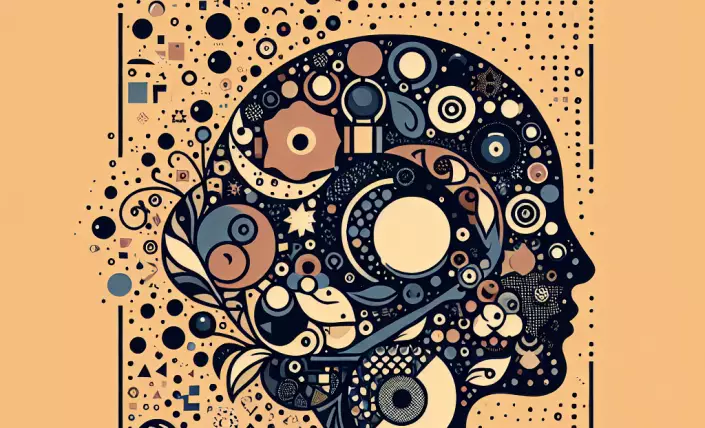In an age dominated by rapid technological advancement and widespread cultural shifts, the notion of tradition often appears as an antiquated relic, a dusty artifact from a bygone era. Yet, the profound reflections of Edmund Burke on tradition offer a compelling case for its relevance even in contemporary society. Tradition, as Burke saw it, is not merely a set of practices passed down through generations but a living, breathing continuum that connects the past, present, and future. It is the foundation upon which societies are built, providing a sense of stability and continuity amid the chaos of change.
Burke's philosophy suggests that tradition serves as a collective wisdom, a repository of experiences and lessons learned by those who came before us. In this sense, tradition is not static; it evolves subtly over time, adapting to new circumstances while maintaining its core values. This dynamic aspect of tradition is essential for societal cohesion, as it offers a common narrative that binds individuals together, instilling a sense of belonging and identity. In the absence of tradition, societies may find themselves adrift, lacking the moral compass and shared values necessary to navigate the complexities of modern life.
However, Burke also warned against blind adherence to tradition. He believed in a balance between respecting the wisdom of our ancestors and embracing necessary reforms. This balance is akin to a delicate dance, where innovation and inheritance must coexist harmoniously. By critically engaging with tradition, we can discern which practices serve our present needs and which have outlived their utility. Thus, tradition becomes a tool for reflection, prompting us to examine our lives, values, and the societal structures we inhabit. In doing so, we not only honor the past but also pave the way for a more thoughtful and deliberate future.










